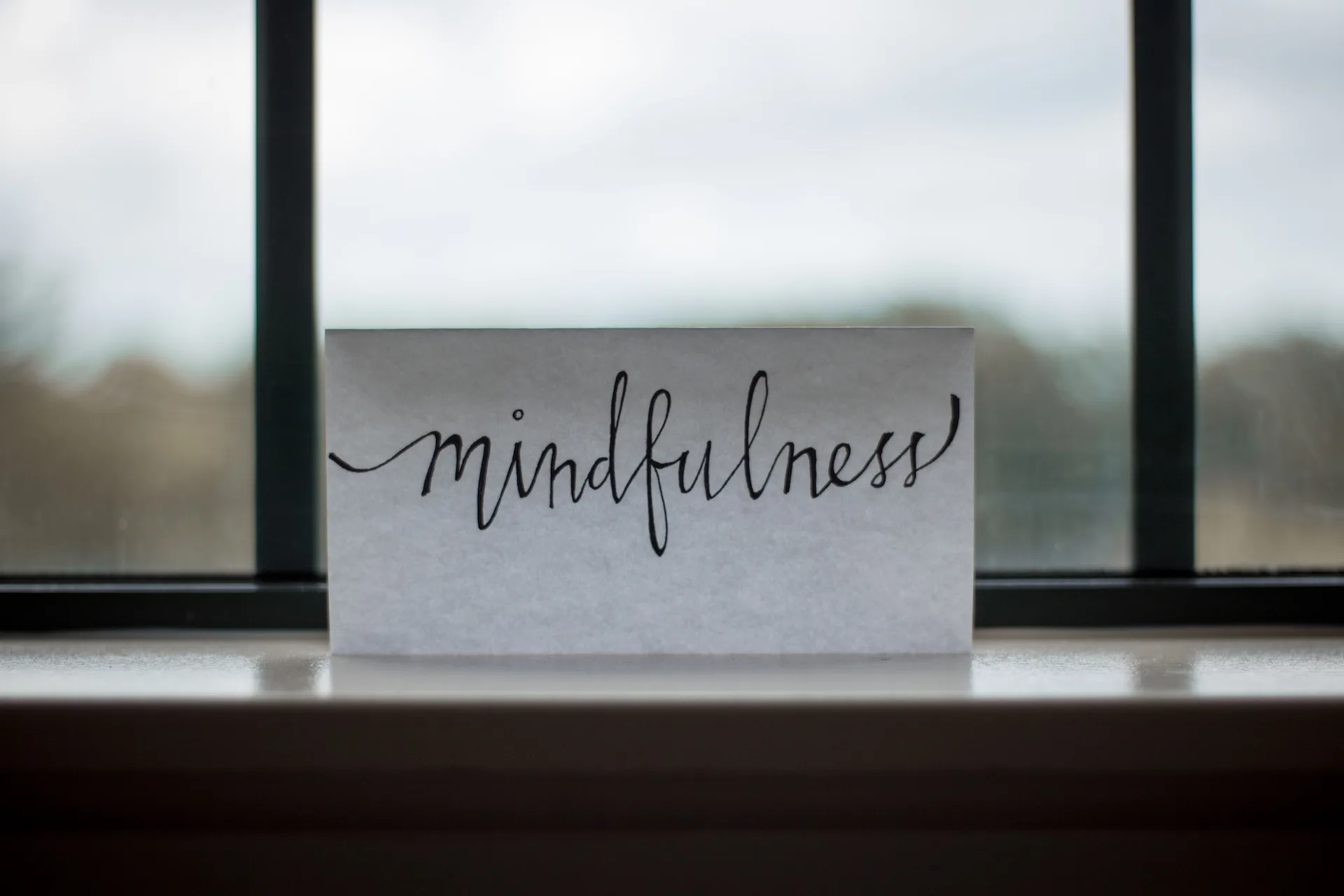Stress and anxiety are a normal part of life, but when they become overwhelming, they can interfere with our ability to function and enjoy life. Fortunately, there are many simple techniques for managing stress and anxiety and the benefits are plentiful! In this article, we will explore ten effective strategies for reducing stress and anxiety so that you can feel more calm and in control.
Identify Your Triggers
One of the most important steps in managing stress and anxiety is to identify your triggers. A trigger is something that causes you to feel stressed or anxious. Triggers can be external, such as a difficult work project or a conflict with a friend, or they can be internal, such as negative self-talk or worrying about the future.
Identifying your triggers is the first step in learning to manage them effectively. When you know what triggers your stress and anxiety, you can take steps to avoid those triggers or develop strategies for coping with them. NLP coaches will be able to help you identify your triggers and deal with them effectively.
Create a Relaxing Environment
Creating a relaxing environment is another effective strategy for managing stress and anxiety. Your environment can have a significant impact on your mood and stress levels, so it’s important to create a space that feels calm and peaceful.
Some simple ways to create a relaxing environment include:
- Decluttering your space
- Using soothing colors and lighting
- Adding plants or other natural elements
- Playing calming music
- Using aromatherapy, such as essential oils
Get Regular Exercise
Regular exercise is a great way to manage stress and anxiety. Exercise releases endorphins, which are natural chemicals that improve your mood and reduce stress. Exercise also helps you sleep better, which is essential for managing stress and anxiety.
You don’t have to run a marathon or spend hours at the gym to get the benefits of exercise. Even a short walk or some gentle yoga can help reduce stress and anxiety.
Reach Out to a Support Network
Having a strong support network is essential for managing stress and anxiety. Your support network can include friends, family members, colleagues, or a mental health professional. When you are feeling overwhelmed, reaching out to someone you trust can help you feel less alone and more supported.
Practice Mindfulness
Mindfulness is the practice of being present in the moment and paying attention to your thoughts and feelings without judgment. Mindfulness has been shown to be effective in reducing stress and anxiety.
There are many ways to practice mindfulness, including:
- Meditation
- Deep breathing
- Yoga
- Mindful walking
- Mindful eating
Take Breaks
Taking breaks is essential for managing stress and anxiety. When you are feeling overwhelmed, taking a few minutes to step away from your work or other responsibilities can help you recharge and feel more focused.
Some effective ways to take breaks include:
- Going for a walk
- Taking a power nap
- Doing a quick meditation or breathing exercise
- Listening to music or a guided meditation
- Taking a few minutes to stretch or do some light exercise
Practice Self-Care
Self-care is any activity that you do to take care of your physical, emotional, and mental health. Self-care is essential for managing stress and anxiety because it helps you feel more relaxed, energized, and focused.
Some simple ways to practice self-care include:
- Taking a relaxing bath
- Getting a massage
- Reading a book
- Spending time in nature
- Engaging in a hobby or creative activity
Eat a Healthy Diet
Eating a healthy diet is another important part of managing stress and anxiety. A balanced diet that includes plenty of fruits, vegetables, whole grains, and lean proteins can help you feel more energized and focused.
Avoiding caffeine, alcohol, and processed foods can also help reduce stress and anxiety. These substances can interfere with sleep and prevent your body from getting the rest required for you to kick out your stress.
Practice Mindfulness
Mindfulness is the practice of being present in the moment and non-judgmentally aware of your thoughts and feelings. It can be a powerful tool in managing stress and anxiety because it helps you become more aware of your thoughts and emotions, and enables you to respond to them in a more constructive way.
You can practice mindfulness by setting aside time each day to sit quietly and focus on your breath, or by engaging in mindful activities such as yoga or meditation.
Avoid Self-Medicating
It can be tempting to turn to alcohol, drugs, or other substances to manage stress and anxiety, but this can be a dangerous and ineffective coping mechanism. Substance use can actually exacerbate your symptoms, and can lead to addiction and other negative consequences. Instead of self-medicating, seek out healthier ways to manage your stress and anxiety, such as exercise, meditation, or therapy.
Practice Self-Compassion
When we are experiencing stress and anxiety, it can be easy to be hard on ourselves and engage in negative self-talk. However, practicing self-compassion can be a powerful way to manage these feelings. There are several ways to practice self-compassion and nurture yourself during difficult times. One technique is to comfort your body by doing things like eating something healthy, taking a walk, or giving yourself a massage. This can help you feel physically better and show yourself kindness.
Another technique is to write a letter to yourself, describing a painful situation without placing blame on anyone, including yourself. This exercise can help you process your emotions and show yourself understanding and support.
You can also give yourself encouragement, similar to how you would support a friend in a difficult situation. This means acknowledging that everyone makes mistakes, and being gentle with yourself when you are struggling.
Practicing mindfulness, even for just a few minutes through meditation, can also be a helpful way to accept and nurture yourself during tough times.
In short
Stress and anxiety are common experiences, but they don’t have to take over your life. By identifying your triggers, creating a relaxing environment, getting regular exercise, reaching out to a support network, practicing self-care, practicing mindfulness, avoiding self-medicating, practicing self-compassion, and seeking professional help, you can effectively manage stress and anxiety and live a more fulfilling life.
Remember, it’s important to prioritize your mental health and take care of yourself. By doing so, you’ll be better equipped to handle life’s challenges and enjoy its many rewards.

